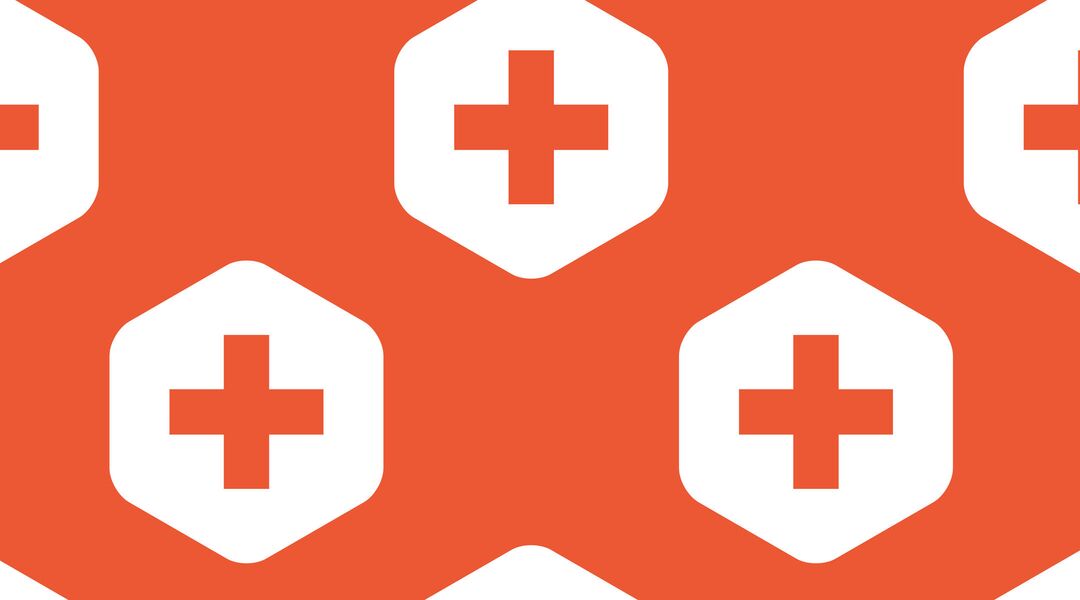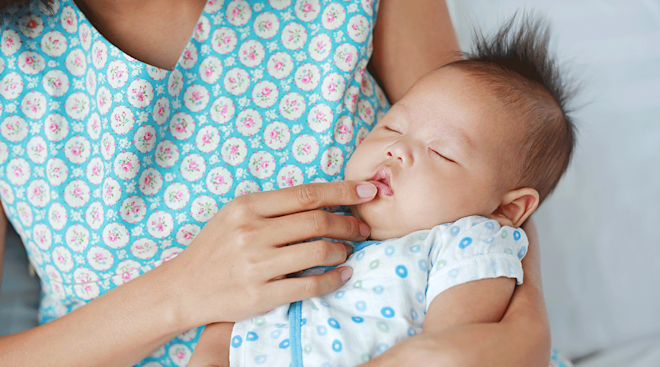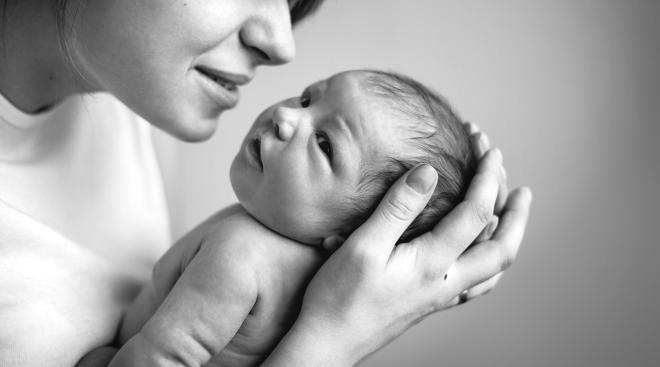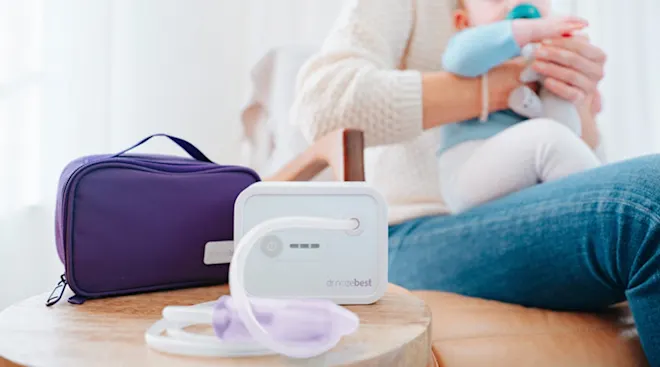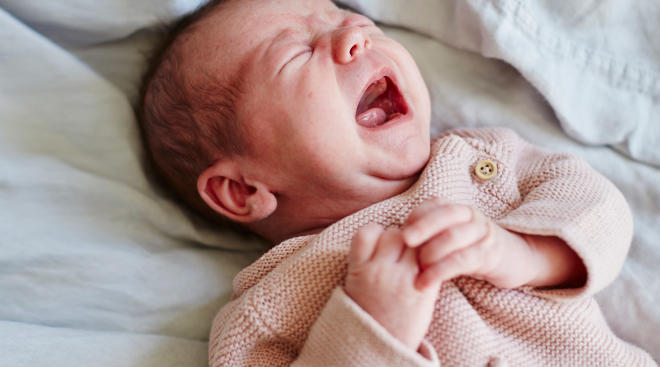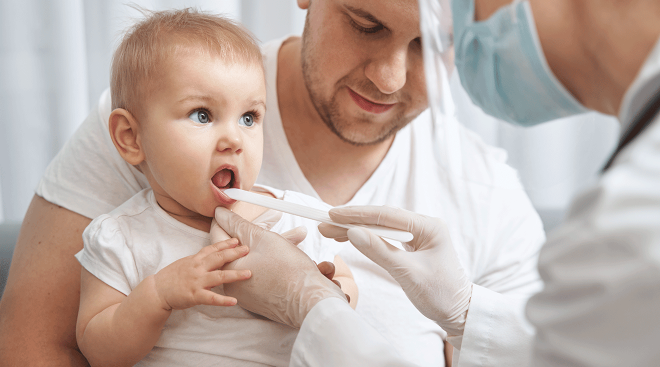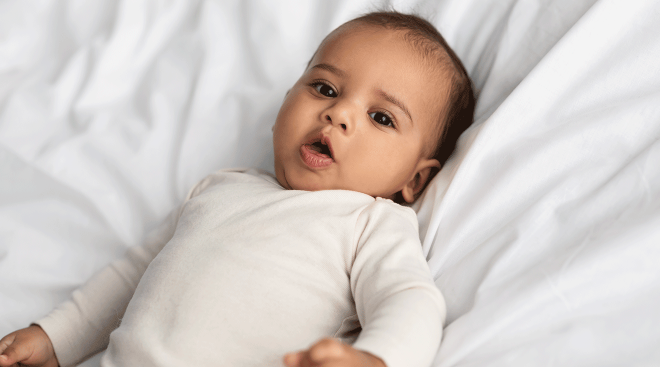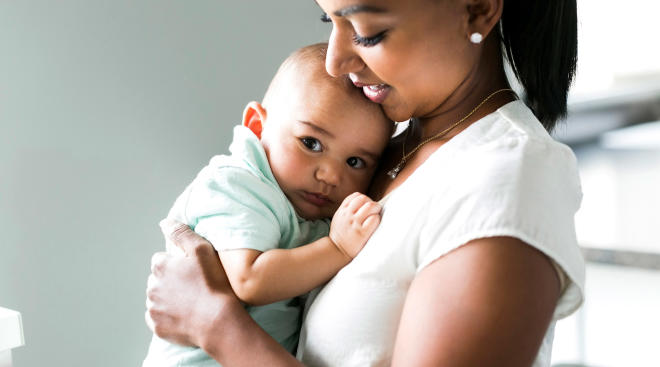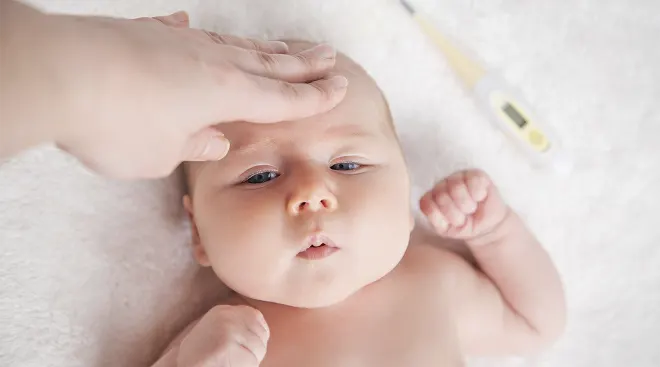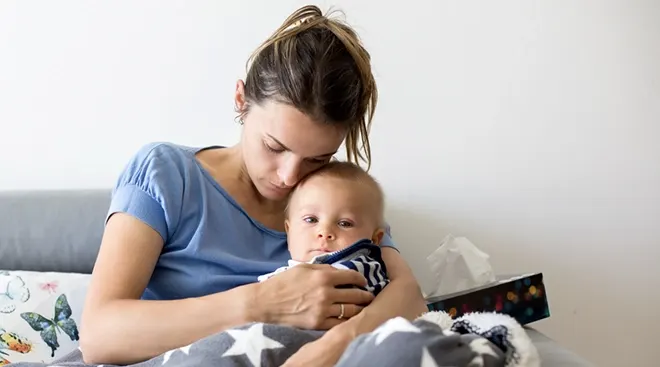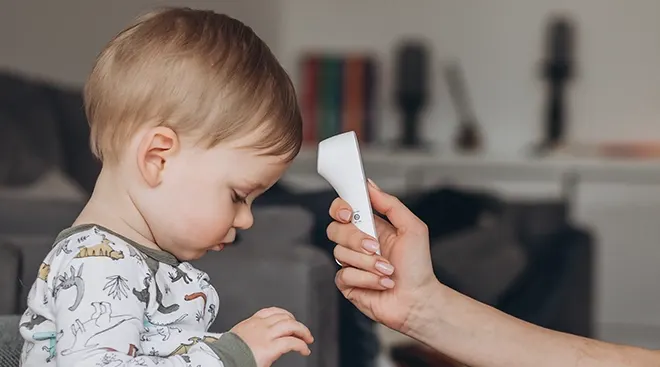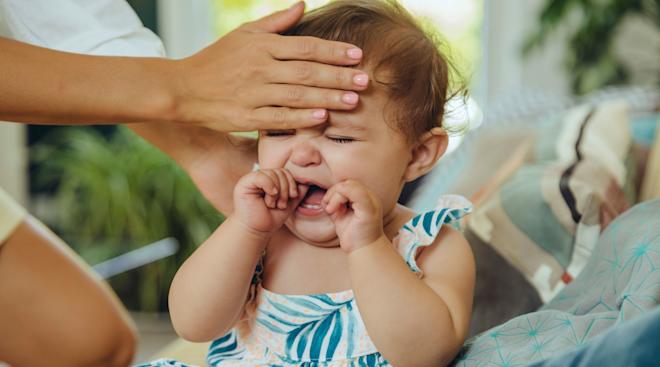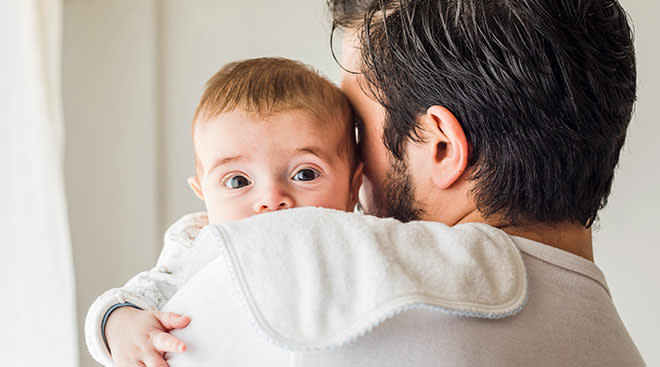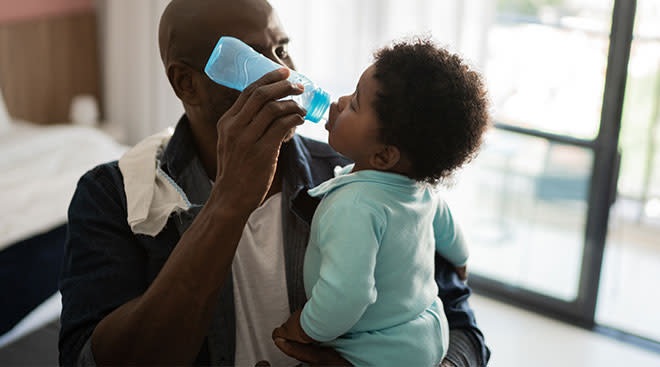What is diabetes in a baby?
Diabetes is a chronic disease that affects the body’s ability to process blood sugar. There are two subtypes of diabetes: type 1 and type 2. Type 1, sometimes called juvenile diabetes, is the kind that affects babies and toddlers.
The exact cause of type 1 diabetes is not known, but it is believed that the body destroys the cells that normally make insulin, a hormone that keeps blood sugar levels in check. Because the body can’t make insulin (or adequate amounts of insulin), blood sugar levels can skyrocket, causing damage to the organs of the body — but only if left unchecked.
If blood sugar levels are well-controlled, though, your child’s risk of organ damage is low. Today, type 1 diabetes is considered a manageable, chronic condition.
“Having diabetes does not mean that your child can’t play sports or join any clubs or activities when she’s older. It doesn’t mean that she won’t be able to have babies,” says Natasha Burgert, MD, FAAP, pediatrician at Pediatric Associates in Kansas City, Missouri. “They can fully participate in all of the usual major life milestones.”
What are the symptoms of diabetes in babies?
Weight loss is often the first symptom of diabetes in young children. “Weight is a vital sign in infants, and kids who have type 1 diabetes will be eating regularly, perhaps even more than average, but will be unable to gain weight,” Burgert says.
Unexplained vomiting may also be a symptom of diabetes. When a child’s blood sugar rises (because there’s not enough insulin in the body to keep it under control), she may throw up increasing amounts over a three- or four-day period for no apparent reason.
If your child has been vomiting, but has no other symptoms of stomach illness, such as a fever or diarrhea, take her in for evaluation — especially if she’s also been losing weight.
Are there any tests for diabetes in babies?
If your child’s doctor suspects diabetes, they’ll draw a small blood sample to check your child’s blood sugar level. They may just do a quick finger or heel stick — a blood sugar level of 200 mg/dL or higher means baby could have diabetes.
Your doctor may also want to draw a blood sample to send to the lab. The lab can run a test to check your child’s hemoglobin A1c, which tells them what your child’s blood sugar levels have been over the past few months.
How common is diabetes in children?
Type 1 diabetes is one of the most common chronic diseases in children. Each year, more than 15,000 children are diagnosed with type 1 diabetes in the US.
How did my baby get diabetes?
No one quite knows why some kids get diabetes and some don’t. It seems to be an autoimmune disease in which the body attacks the cells that normally make insulin because it mistakenly believes the cells are foreign invaders.
Children with a family history of type 1 diabetes are at an increased risk of developing the disease, but most children who are diagnosed with diabetes actually have no family history of the disease.
What’s the best way to treat diabetes in babies?
Children with type 1 diabetes will always need insulin to manage their blood sugars. And since insulin dosages are based on blood sugar levels, their blood sugar levels, diets and activity levels also need to be carefully monitored.
Learning to manage the care of a child with diabetes can be overwhelming. The good news is that most children’s hospitals have teams of experts to help you. Team members may include a pediatric endocrinologist, a nutritionist, a psychologist and a diabetes educator. Together, they’ll make sure that you understand your child’s disease, that you know how to calculate and administer the appropriate levels of insulin and that you can recognize and treat high or low blood sugar, as needed.
New technological advances have made managing diabetes easier than ever before. “There are fantastic new technologies that deliver insulin easily and with less discomfort,” Burgert says. Some small children use an insulin pump. “The parent can just dial into the pump what the kid has been eating and what their current blood sugar is, and it will automatically calculate how much insulin they need. Some of them even test the blood sugar, so you don’t have to use the finger stick.”
There are even some smartphone apps that help you calculate and manage insulin doses.
What can I do to prevent my baby from getting diabetes?
There’s currently no way to prevent type 1 diabetes. You can, however, prevent the complications that can come along with it. If you keep your child’s blood sugar under control, you drastically decrease her odds of developing kidney failure, blindness or other organ damage.
Are there any other resources for diabetes in babies?
The Bump expert: Natasha Burgert, MD, FAAP, pediatrician at Pediatric Associates in Kansas City, Missouri. She blogs at kckidsdoc.com.
Please note: The Bump and the materials and information it contains are not intended to, and do not constitute, medical or other health advice or diagnosis and should not be used as such. You should always consult with a qualified physician or health professional about your specific circumstances.
Navigate forward to interact with the calendar and select a date. Press the question mark key to get the keyboard shortcuts for changing dates.
































